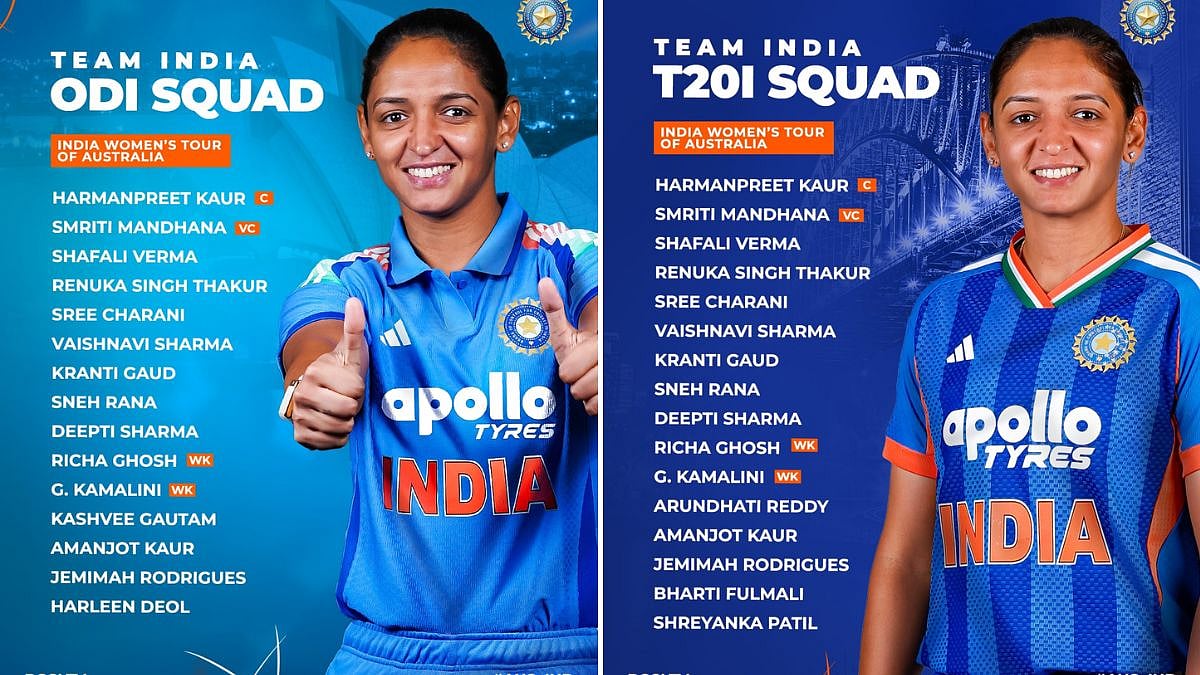Content is king, but context is the kingdom, and global distribution is God.
It’s been over 25 years since Bill Gates coined the phrase ‘Content is king’. Since then, ongoing tech developments, digital advancements and the evolving landscape for media have resulted in companies finding new ways to reach consumers worldwide.
With the entertainment landscape undergoing radical transformation in today’s globalised world, context has emerged as a crucial element in any strategy for media companies aiming to connect with their audiences. Hollywood no longer dominates global screens. A Turkish drama might be the talk of the town in Europe, while a Korean show could be trending in India. This shift isn't just a passing fandom but a revolution in how global content is consumed and appreciated.
Effective localisation can elevate content, driving engagement and success in various markets. By adapting formats to fit the cultural, linguistic and social nuances of different regions, one can significantly deepen audience engagement and satisfaction. Combined with ongoing tech advancements, the globalisation of culture and changing models for the business will continue to drive the growing worldwide distribution of localised content for the foreseeable future.

The Importance of Cultural Relevance
Cultural relevance is paramount in content localisation. Different regions have distinct cultural norms, values, and sensibilities. By tailoring content to align with local customs and traditions, media companies can avoid separating their audience and foster a sense of relatability and inclusivity. It involves modifying various elements of the content to resonate with local audiences. This process includes adapting dialogue, cultural references, humour and even visual elements to ensure the content feels native to the target audience. By doing so, content creators can avoid cultural faux pas and build a deeper connection with viewers.
Success Stories in Localisation
As viewers become more exposed to international content, there is a growing curiosity about different cultures. This curiosity transcends mere entertainment, fostering a form of cultural exchange, such as we have never experienced before in history. Until shows and movies like Money Heist and Parasite captured the world’s collective imagination, global grounds were broken by McDonald’s, Coca-Cola and Hollywood movie stars. Today, audiences are no longer satisfied with dubbed American sitcoms—they crave authentic stories from around the globe. Several media giants have implemented content localisation strategies with higher quality productions and then successfully taken them to consumers around the world.
The Future of Global Media Markets
As the demand for diverse and culturally relevant content grows, content localisation will remain a crucial strategy for media companies aiming to expand their global footprint. By investing in localisation, companies can build loyal viewership across different regions, driving growth and success in the competitive global media market. In this new era of entertainment, the world isn't just a stage—it's an audience eager to hear stories from every corner of the globe. And with each subtitled episode and carefully dubbed film, we are one step closer to a truly global dialogue.
(The author is the Co-Founder and Managing Partner of Locomotive Global Inc.)
.png?width=1200)









